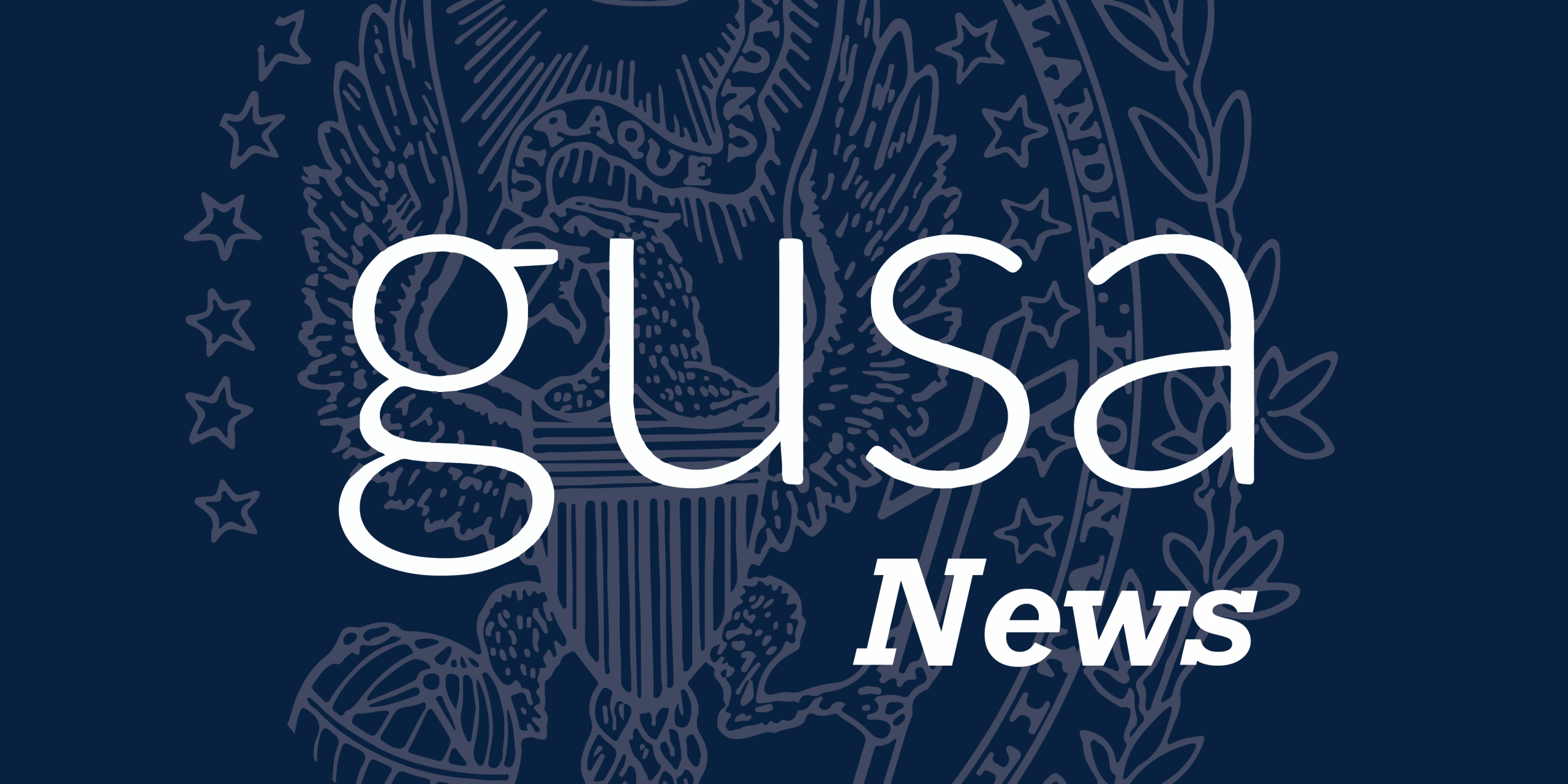The GUSA Senate voted to certify the results of the 272 referendum at its April 28 meeting. The verification was recommended by the Constitutional Council after finding the referendum to be constitutional.
The referendum recommends the establishment of a reconciliation fund to benefit the descendants of the 272 enslaved people sold by Georgetown in 1838. The money for the fund would be collected in a $27.20 fee paid by students each semester. It passed the student body on April 11 with 66.1 percent of the vote.
On April 14, Rowan Saydlowski (COL ’21) and Chris Castaldi-Moller (SFS ’21) filed a complaint with the Constitutional Council, claiming that the referendum was unconstitutional and should be invalidated.
After a hearing on April 17, the Council presented its unanimous opinion that the 272 referendum is valid under the GUSA constitution. A copy of the opinion was also released.
Following the presentation, the Senate voted unanimously to certify the results of the referendum. r. It was not able to certify them until the case was resolved.
The Constitutional Council addressed Saydlowski and Castaldi-Moller’s three claims: that the former Ethics and Oversight Committee Chair Dylan Hughes (COL ’19) held a conflict of interest by also co-sponsoring the legislation, that the Election Commission failed to adequately perform some of its duties, and that referendum was unconstitutional.
While the Council decided that Hughes indeed held a conflict of interest and the Election Commission did not sufficiently investigate claims of election misconduct, neither holdings are sufficient to invalidate the referendum.
“Though their actions are troubling, the Council does not find sufficient cause to impute their offences onto the GU 272 Referendum itself,” the opinion read. “The voice of democracy is too loud to be overshadowed by the wrongdoing of a few individuals.”
Associate Justice Mariah Johnson (SFS ’21) said that though neither the GUSA constitution nor bylaws technically prohibit the Ethics and Oversight Committee chair from co-sponsoring referendum elections, Hughes still should have recused themself. According to GUSA bylaws, “the [Ethics and Oversight] Committee shall ensure no conflicts of interest are present or likely in any area of GUSA, including the Committee itself.”
“To state it kind of plainly, this was a position they shouldn’t have been able to put themself in in the first place,” Johnson said.
Secondly, the Council decided that the Election Commission failed to carry out its duties by declining to investigate a complaint about election misconduct that was in fact credible. In the rest of the charges against the Election Commission, the Council found no wrongdoing.
In response to Saydlowski and Castaldi-Moller’s objections to the Commission’s use of Twitter, Chief Justice William Morris (SFS ’19) explained that the medium, while casual and at times confusing, is acceptable. Specifically, contradictory Tweets from the Election Commission about the necessary vote threshold “did not constitute an illegal rules change,” according to the opinion.
Finally, the Council decided that the referendum itself is constitutional. While the GUSA Constitution does not explicitly discuss issue referendums—constitutional amendment referendums are more outlined in more detail—they are not illegal.
“Just because something is not explicitly written doesn’t mean it’s prohibited. An omission is not a prohibition,” Morris said.
Morris also emphasized that GUSA has held issue referendums before—on an on-campus smoking ban, live registration, and satellite housing, for example.
The Council recommended that the Senate examine and clarify a number of bylaws to prevent similar confusion in future referendums. “It would be foolish to proceed without making substantive changes so that the situations which led to this opinion cannot happen again,” the Council wrote in its opinion.
Morris also offered his resignation from the Council, as he is graduating this semester.
The Senate also unanimously confirmed former Speaker Eliza Lafferty (COL ’21) to the Board of Directors and former Vice-speaker Patrick Walsh (SFS ’21) as the mental health policy coalition chair. Both promised to work closely with the Senate and advocate for the concerns of the student body.
Finally, the Senate approved an amendment that would allow senators to attend transition meetings by way of telepresence. Transition Chair Juan Martinez (SFS ’20) explained that telepresence would allow senators to accomplish more work over the summer.
The Senate will reconvene next semester when senators for the Class of 2023 are elected.




